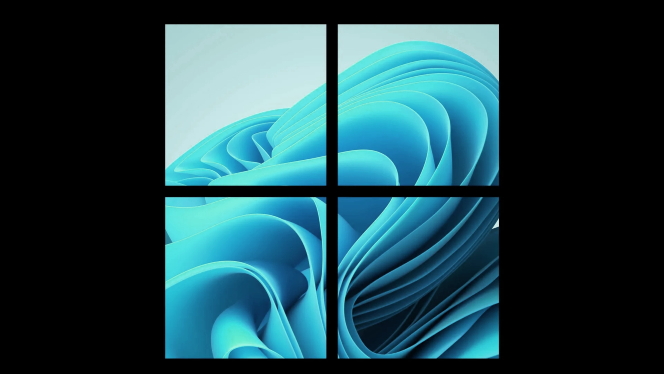TECH NEWS – Intel is betting on a big “Windows update” coming in 2024. In a recent interview, they seemingly confirmed rumours of a Windows 12 release date.
We’ve been hearing rumours that Windows 12 is in the works for a while now. Intel sat down with Citi last month to talk about how things are going and what the near future looks like from a financial perspective. During the conversation, a brief, almost passing comment was made that Intel expects sales to improve during 2024:
“We actually think ’24 is going to be a pretty good year for client, in particular, because of the Windows refresh. And we still think that the installed base is pretty old and does require a refresh and we think next year may be the start of that, given the Windows catalyst. So we’re optimistic about how things will play out beginning in ’24.”
I know what you think: Windows 12 is not explicitly mentioned, but any standard update to Microsoft’s operating system is never called an update. Or something that will be enough of a catalyst to get Intel’s sales force revved up.
Microsoft may be planning major changes to the user interface or something. But enough rumours have circulated that this is not the case. For example, significant releases are developed on a three-year cycle. This alone suggests that the next Windows will drop out of the sky in the second half of 2024.
Let’s not forget that Intel’s next CPU architecture for mainstream computing, Meteor Lake, represents a radical change in the way everything works inside and the way Alder and Raptor Lake work best with Windows 11. The same can be said for the new design and Windows 12.
Microsoft has revealed a lot about what it plans to do with the next version of Windows.
We can expect things like the user interface, Start menu, widgets, etc., to be updated (though not necessarily for the better), but what about the basic underlying structure?
For some time now, there have been plenty of hints that Microsoft is seriously overhauling its operating system. Some of the expected changes seem to be related to what Intel is doing with client CPUs. For example, much greater integration of artificial intelligence systems. Also, the removal of old features and support that just get in the way of overall performance.
The low consumer adoption of Windows 11 has produced poor results. Microsoft is looking to 2024 as the year when it wants to wean as many users as possible off Windows 10. If Intel gets in the game to make its new chips significantly faster with the new OS, the big migration hoped for (but missed) with Windows 11 could happen next year.
But if this means another big jump in hardware requirements, that’s a problem. In that case, PC gamers will probably stick with the older operating system as long as possible.
Source: Seeking Alpha, Windows Central
















Leave a Reply